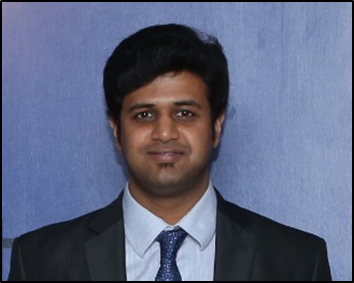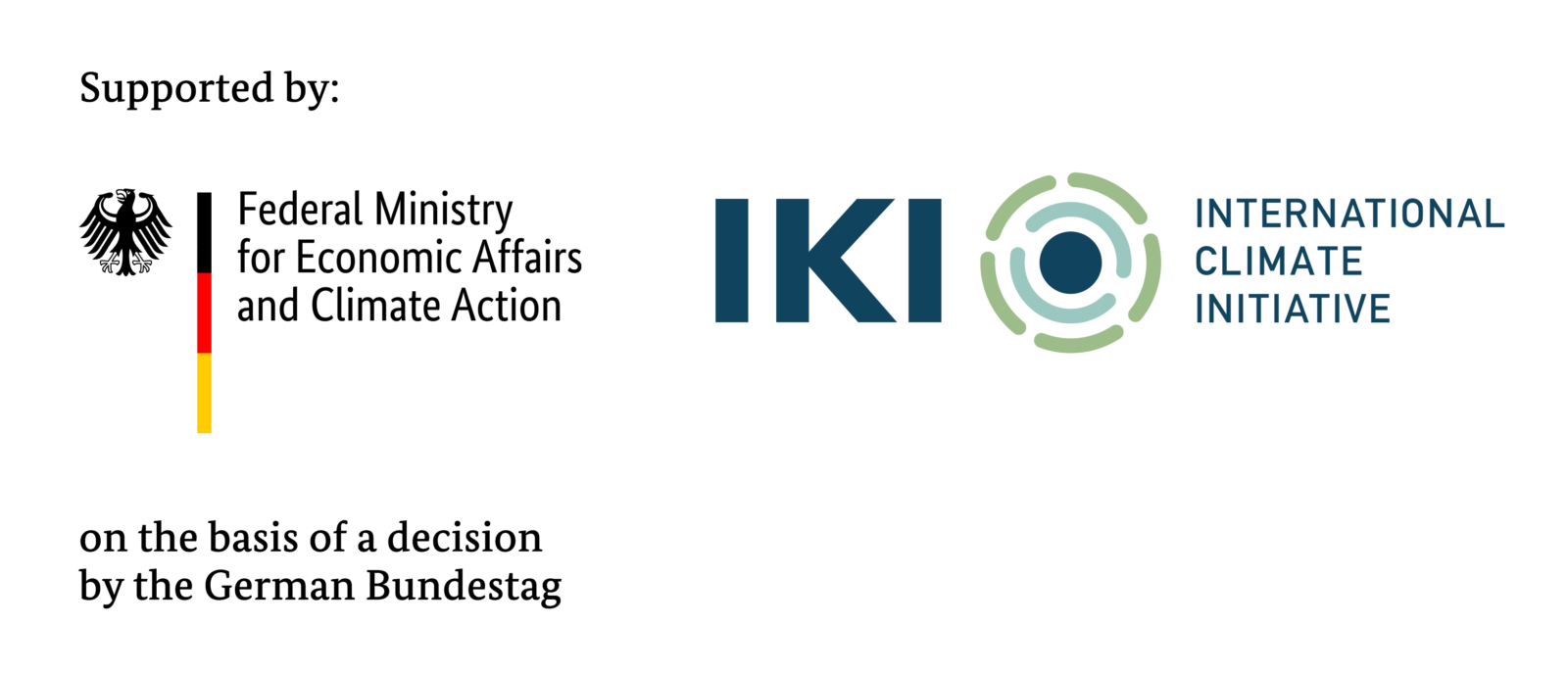Interview with Smart Cities & IoT Manager Aditya Fuke from Fraunhofer India.
“Clean cities generate clean minds and deliver clean work.”

Q.: Please describe your work within the project in three words.
A.: Facilitating project work
Q.: What does a typical working day look like for you?
A.: Tackling the issues that arise in India to ensure a smooth coordination between the project partners involved in the project. I’m not a full-time contributor to this project as my terms of work include managing and representing other Fraunhofer institutes in India as well.
Q.: Please tell us about your way into the project.
A.: I have been working with Fraunhofer since May 2016. I officially became a part of this project in December 2018 as the project required an Indian representative of Fraunhofer and have been associated with it since the inception.
Q.: Speaking from your present experience: if you could go back, which advice would you have liked to give to yourself at the beginning of the project?
A.: Administrative issues are a major concern in this project. Differing states of knowledge in academia and municipalities need to be addressed and everyone needs to be brought on the same page concerning the project requirements.

Q..: The corona virus has severely restricted many areas of public life. To what extent have the restrictions affected teamwork and progress for MGI ?
A.: The second phase of the on-site assessment of the MGI project has been postponed. The teamwork is not much affected as the project team often connects on virtual platforms to discuss the city profile and other administrative issues before the second visit in Kochi.
Q.: Many cities were unprepared for the pandemic. How should the cooperation in future city planning look like in order to improve the risk management of pandemics?
A.: Between 1896 and 1899, a deadly bubonic plague swept through the city of Bombay. The most devastated were poorer neighborhoods, and most who fled were the among the city’s working classes. The plague threatened the health and the business interests of the commercial and industrial elite, forcing them to see the connection between both disease and lacking sustenance, and social policy and economic stability. More than 100 years later, as the city grapples with the COVID-19 pandemic and a government lockdown, phase-wise transformation of over-populated cities in India could be a potential solution. The private sector in India must take responsibility of providing housing for the poor and implementing plans for public health regulations.
The COVID-19 pandemic is not a crisis of the city, but the crisis of a certain kind of city, where decades of market-oriented policies have imposed severe limits on the public planning system – health care, food distribution, housing, transport, services – which are essential in responding meaningfully to the pandemic.
A city’s ability to limit the scale and severity of a crisis and disaster ultimately depends on the extent of popular control over decision making, the level of social equity, the quality of public infrastructure, and the responsiveness of the planning system. The lesson the COVID-19 pandemic teaches us, if we are to recover and prepare against crises in the future, is that we need to strengthen and improve our planning system by developing public and collective alternatives to private systems. We may not be able to foresee the next epidemic, flood or earthquake, but we certainly cannot afford to let market failures determine our fate. Our failing system needs to be fixed from the ground up, with an explicit commitment to promote public health, conserve and improve natural systems, redistribute wealth and opportunity, and protect human populations from climate events.

